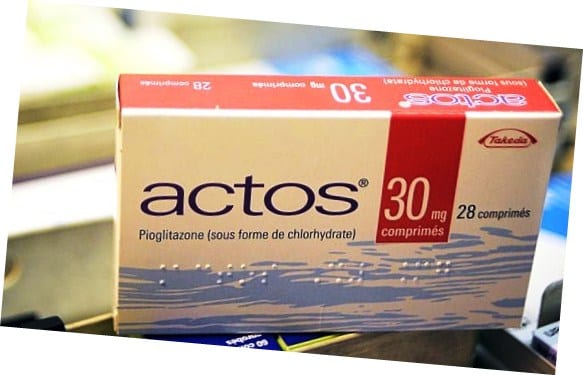Four New Plaintiffs in National Actos Litigation
The Mass Tort Unit of Searcy Denney Scarola Barnhart & Shipley has filed additional individual lawsuits against Takeda Pharmaceuticals USA, Eli Lilly, and other drug companies involved in the development and marketing of Actos (which is also known as pioglitazone). This latest filing includes four Florida plaintiffs, all of whom developed bladder cancer after ingesting Actos for more than a year for the treatment of their diabetes. Searcy Denney has filed individual lawsuits on behalf of more than 70 clients in the federal MDL proceedings in Louisiana as well as in state court coordinated proceedings in California and Illinois. There are currently more than 5,000 individual personal injury and wrongful death lawsuits that have been filed on behalf of patients who developed bladder carcinoma after ingestion of Actos.
Judge Rebecca Doherty, the federal judge who oversees the MDL proceedings in Louisiana, will begin the first jury trial in federal court involving Actos on January 24, 2014. Judge Doherty issued a number of rulings favorable to the plaintiffs in late 2013 with regard to the admissibility of evidence and use of expert witness testimony on generic and case-specific scientific issues. The second trial in the MDL is scheduled to begin in April of 2014.
Actos received FDA approval in 1999. The drug was jointly launched by Takeda Pharmaceuticals and Eli Lilly in 1999, and that partnership ended in 2006. After 2006, Actos was aggressively marketed to diabetics by Takeda in the United States and overseas. For more than a decade while the drug was being sold, Takeda failed to heed numerous red flags about a possible cancer risk associated with the drug. In June of 2011, concerns were raised by regulatory agencies in France and Germany about the safety of the drug after publication of a study showing a statistically significant increased risk of bladder cancer in patients who ingested Actos for more than a year. On June 15, 2011, the FDA issued a warning as well about the potential cancer risk but permitted the drug to remain on the market in the United States.
Share This


